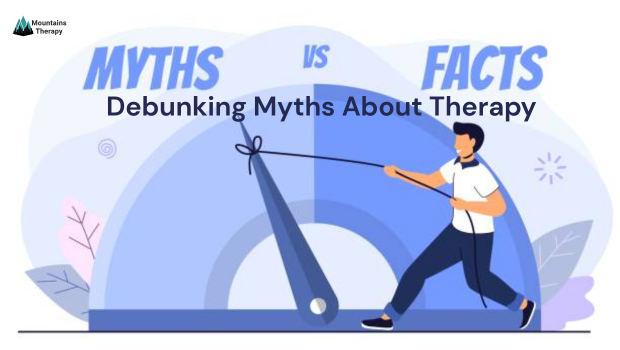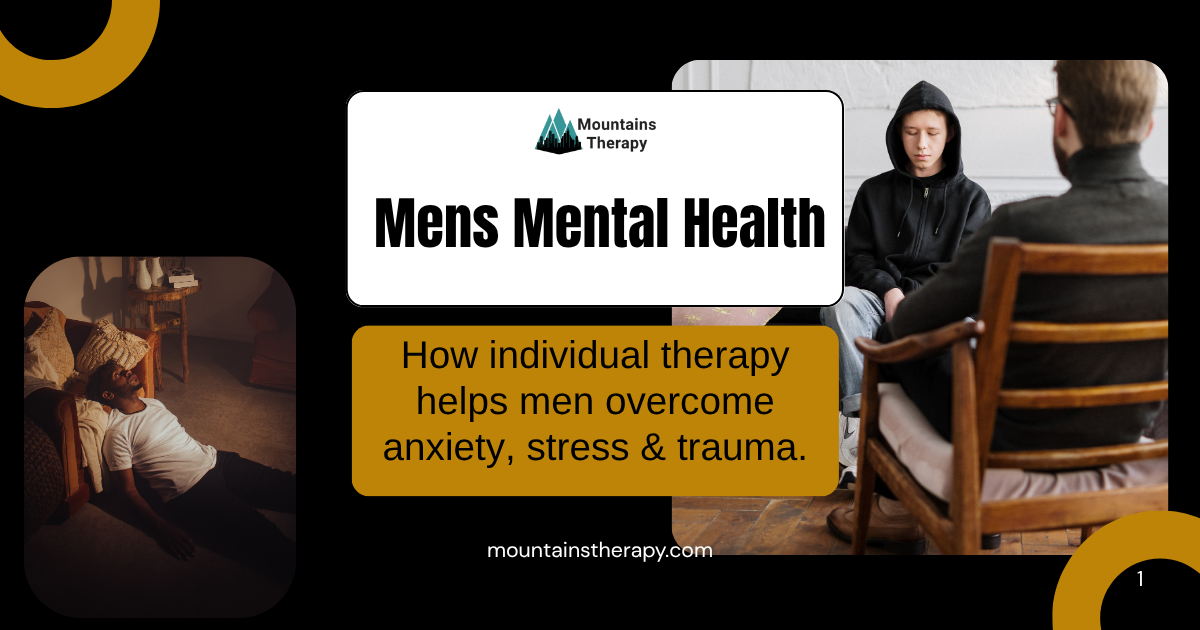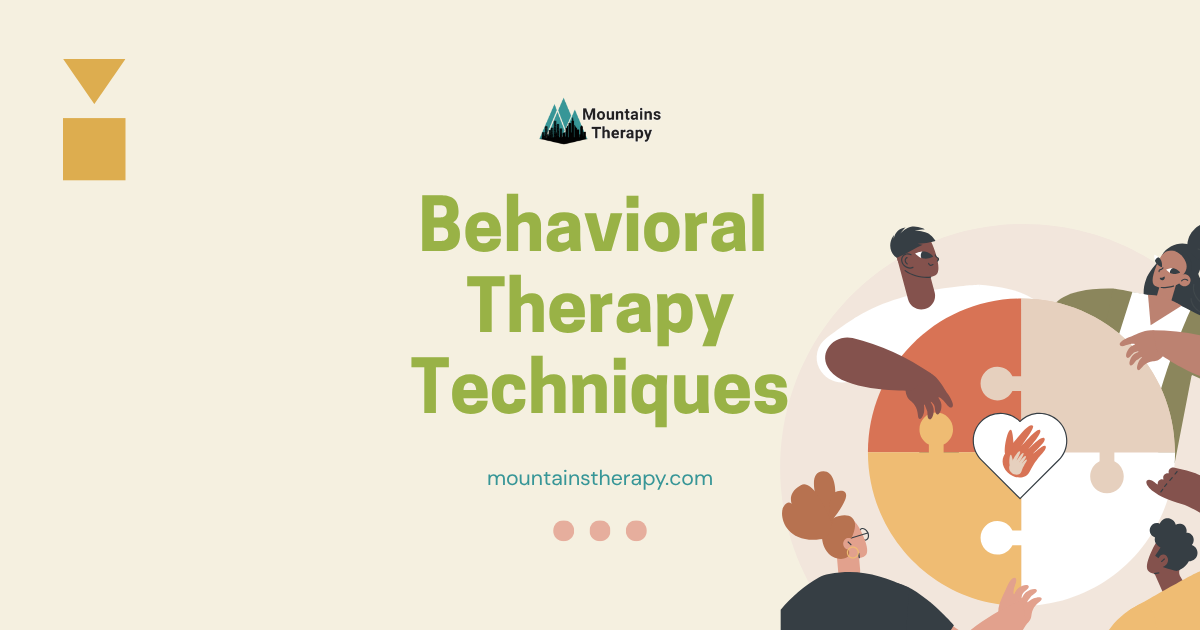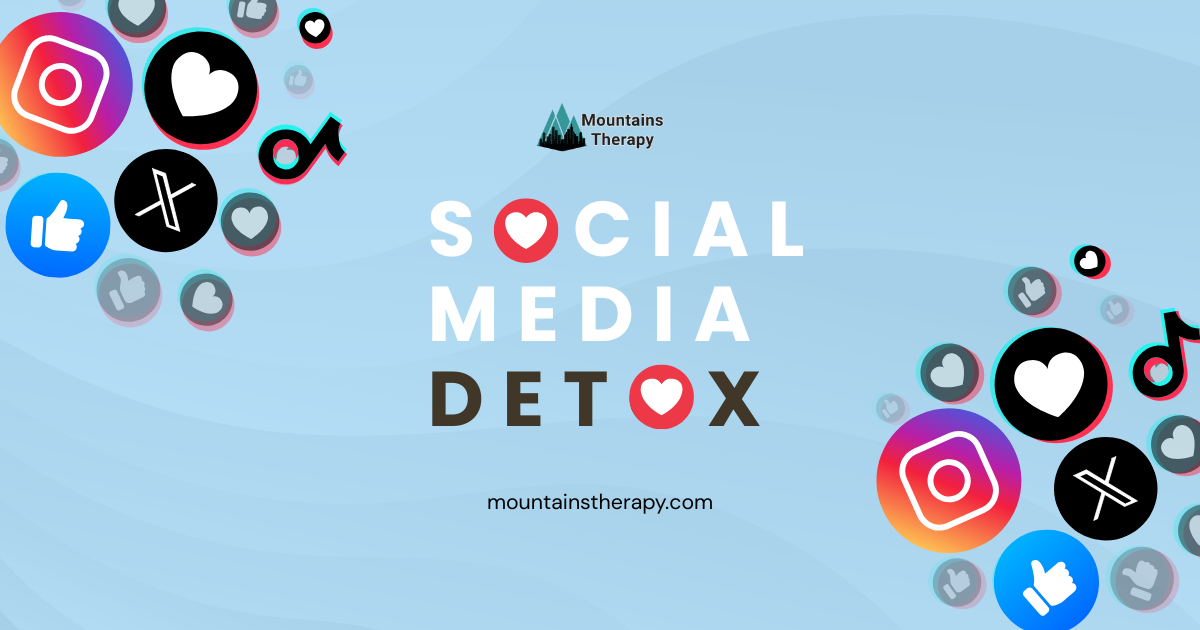Myth VS Truth: Debunking Myths About Therapy
Learn more about Individual Therapy, Family and Couples Therapy.
Now offing therapy for children ages 6+.
In This Blog, You’ll Learn:
✅ History of Therapeutic Practices
✅ Ten Myths about Therapy
✅ Ten Truths Debunking the Myths
✅
Can Therapy Actually Help?
Can Therapy Actually Help?
Many individuals ask if therapy can help them, or question if there is science behind mental health. Many professionals believe that everyone can, in fact, benefit from therapy in some way. In an ideal world, if therapy were free and more accessible, it would be easier for everyone to see a therapist. But we don’t live in an ideal world, and this view isn’t shared by everyone. Some believe therapy does more harm than good, while others think it’s only necessary for a select group, particularly those who are seen as “different” from the norm. But are some of these ideas entirely true?
History of Therapy
Therapy has come a long way, from being misunderstood and feared to becoming a widely accepted form of mental health treatment. In medieval times, mental illness was seen as a battle between good and evil. “Treatments” were filled with harsh conditions; for example, the treatment of drilling holes into skulls or starving people to rid them of supposed evil spirits.
Although the Renaissance briefly introduced more humane care supported by churches and communities, this progress didn’t last. By the 1500s, the mentally ill were again mistreated, often locked in overcrowded asylums.
One notorious example was England’s Bedlam Hospital, known for its horrific conditions and morbid public fascination. It wasn’t until the 20th century that therapy, grounded in scientific research and biology, began to take its modern form.
While therapy is now more accepted and accessible, stigma still lingers, often fueled by misinformation and myths. In this article, we’ll explore some of the most common misconceptions about therapy and debunk them through a clinical lens.
Most Common Myths in Therapy & Debunking These Myths:
1.Myth:
- Therapists can prescribe medication.
✅ Truth:
- Only psychiatrists and medical providers can prescribe medication. Many professionals in psychology often spend a lot of time jumbled together, as they frequently deal with similar individuals. However, the difference lies in their job descriptions.
- For example, therapists are not trained to prescribe medication. They are trained under different psychological perspectives/modalities, which they use to administer therapy.
- Another type of professional who can work in the field of psychology is a psychiatrist.
- They can assess for medication needs and prescribe treatments to manage psychiatric symptoms. Understanding this distinction helps people know what kind of help they’re looking for—and who is best equipped to provide it.
2. Myth:
- Therapy is only for those with a serious mental health illness.
✅ Truth:
- Even though therapy can help those with serious mental health disorders, it is not restricted to this group of individuals. Many attend therapy to manage stress, improve relationships, boost self-esteem, or simply talk to someone in a confidential, non-judgmental setting.
- You don’t need a diagnosis to benefit from therapy. You might be feeling stuck in life, dealing with a breakup, adjusting to a new job, or just wanting to understand yourself better. Therapy is for everyone, not just those in crisis.
3. Myth:
- People who go to therapy are “crazy” or something is “wrong” with them.
✅ Truth:
- This outdated myth is rooted in stigma. The idea that seeking therapy means something is “wrong” with you couldn’t be further from the truth.
- Many people who go to therapy are functioning just fine, but want to function even better.
- Therapy is about growth, healing, and self-awareness, not about labeling or judging. Mental health issues are often biological or trauma-based, not moral failings.
- Just as we don’t shame people for seeing a doctor for physical illness, we shouldn’t shame people for seeking emotional support.
4. Myth:
Therapy is too expensive.
✅ Truth:
- While therapy can be an investment, there are more affordable options than people often realize. Some therapists work on a sliding scale based on income. Many community mental health centers offer low-cost services.
- Online platforms have made therapy more accessible than ever, often at lower prices. If you have insurance, you might be covered for in-network or even out-of-network therapy providers (like us at Mountains Therapy).
- You can also use an HSA (Health Savings Account) or FSA (Flexible Spending Account) to pay for therapy with pre-tax dollars.
- Some employers offer Employee Assistance Programs (EAPs) that cover several free sessions. Ultimately, therapy is an investment that provides many benefits; whether the cost is worth it depends on your individual needs and circumstances.
5. Myth:
Once you're done with therapy, you will never need therapy again.
✅ Truth:
- Truth: For some, therapy can be a short-term experience, depending on the reason they come to therapy. But sometimes, depending on the specific challenges, goals, mental health disorder, progress trajectory, and treatment plan, an individual might need to come back or attend more sessions than they anticipated. As a whole, just because a person goes to therapy for a period of their life at some point, that doesn’t mean they will need it again. It just depends on them and if they want to come back, based on what is going on in their life.
6. Myth:
- “Any therapist will do.”
✅ Truth:
- Not every therapist is suitable for every client. For therapy to be effective, your goals need to align with the therapist's specialty.
- Many therapists may know about certain disorders and treatment plans, but they often focus on specific conditions or approaches, such as cognitive behavioral therapy, psychodynamic therapy, or humanistic methods.
- Their expertise in these areas means they have gained significant practice and knowledge. This makes them better equipped to help someone if what they seek falls within their specialty. That’s why not just any therapist is a good fit for any client.
7. Myth:
- Therapy does not work.
✅ Truth:
- While it’s true that not every therapist-client match is perfect, research shows that about 75% of people who engage in therapy benefit from it.
- If therapy didn’t work for you, it may have been due to timing, therapist style, or unclear goals—not because therapy itself is ineffective. Sometimes it takes time to feel the effects.
- Therapy is a process, it’s not about quick fixes but sustainable change. And if your therapist’s approach doesn’t work for you, you’re always allowed to switch therapists.
8. Myth:
- Therapy will take years to be able to help me work through my problems.
✅ Truth:
- Therapy can take years, but also weeks to months, depending on your goals. If an individual has a severe mental health disorder that involves multiple months of therapy and an extensive treatment plan, then therapy is likely to be long in duration. In contrast, for those who might be having a relationship issue or even just a life stressor, they might not need to stay in therapy for a long period.
- Overall, there is no clear end date for therapy, but it’s up to each individual and their own experience. If you feel like you have reached your goals and learned new skills, then you might no longer need therapy. However, other individuals might need to stay in therapy longer to reach their goals.
9. Myth:
- Therapy will “cure” an individual’s mental health disorders.
✅ Truth:
- Therapy is a powerful tool, but it’s not a cure.
- Many mental health conditions are chronic and stem from biological factors like brain chemistry, genetics, or long-standing trauma.
- Therapy helps people manage symptoms, build resilience, and live fulfilling lives but it doesn’t erase a diagnosis.
- For many people, therapy can reduce symptoms significantly and, in some cases, eliminate them. The goal is not perfection, but progress.
10. Myth:
- I’m already self-aware, so therapy can’t help me.
✅ Truth:
- Just because you are self-aware, that doesn’t mean therapy won’t help you. Therapy, outside of helping individuals with mental disorders, can also help people with just everyday challenges and stressors. Being self-aware does have its benefits, but that doesn’t mean an individual knows how to deal with negative emotions, navigate life stressors, unpack constant patterns, and develop healthy ways to cope just by being self-aware. Overall, therapy is a place to challenge yourself, gain new perspectives, and grow in ways you might not on your own.
Conclusion
Overall, it’s clear that therapy has made significant progress since the stigma it faced at the end of the 19th century. Today, therapy is more accepted, but subtle stigma still exists. These myths and stereotypes held by the public highlight this ongoing issue. Even if some seem harmless, they spread false ideas about what therapy can do. Hopefully, these examples have shown you that therapy is more than just a way to reduce mental health symptoms. It also helps build emotional intelligence, coping skills, problem-solving, relationship advice, a support system during tough times, and more. As mentioned, with the right therapist and an open mind, therapy can promote personal growth. Busting these myths can help reduce the stigma that remains today, which often prevents people from seeking the support they need and can boost overall well-being.
You are not alone!
You don’t have to carry this alone. If you’re unsure whether you want to start therapy, or just want to learn more about it, Mountains Therapy is here for you. Contact us today to connect with a therapist who truly understands what you're going through.











